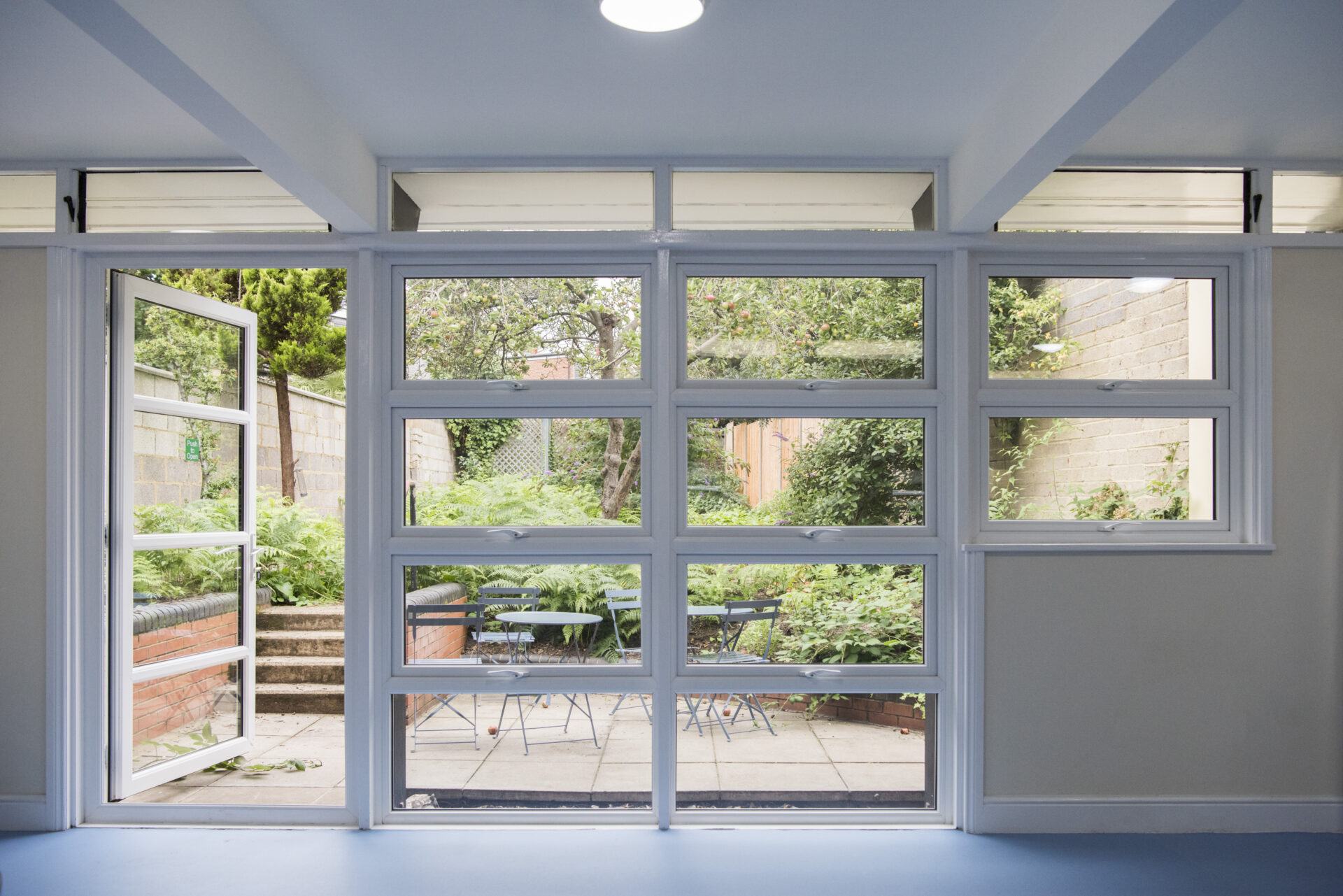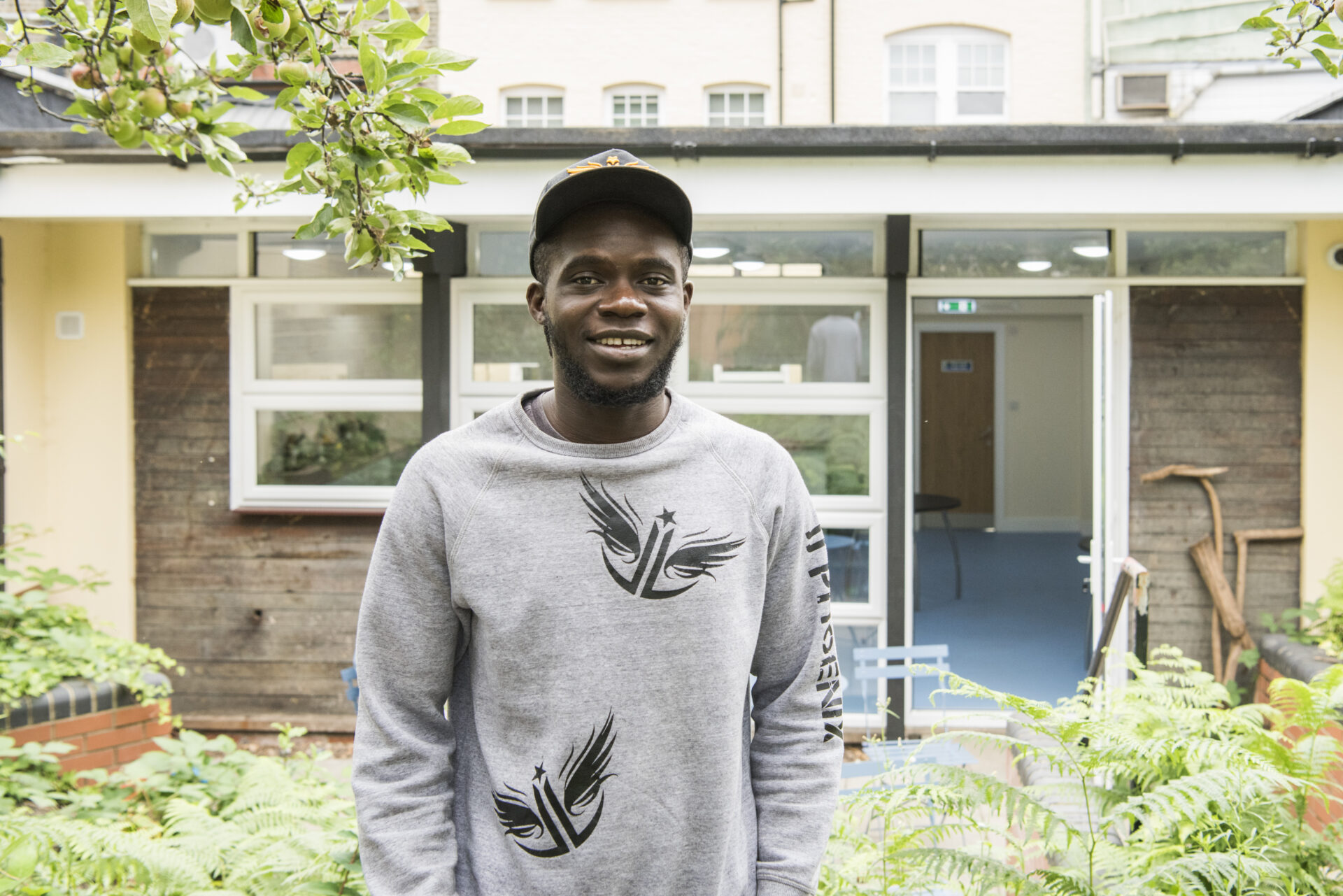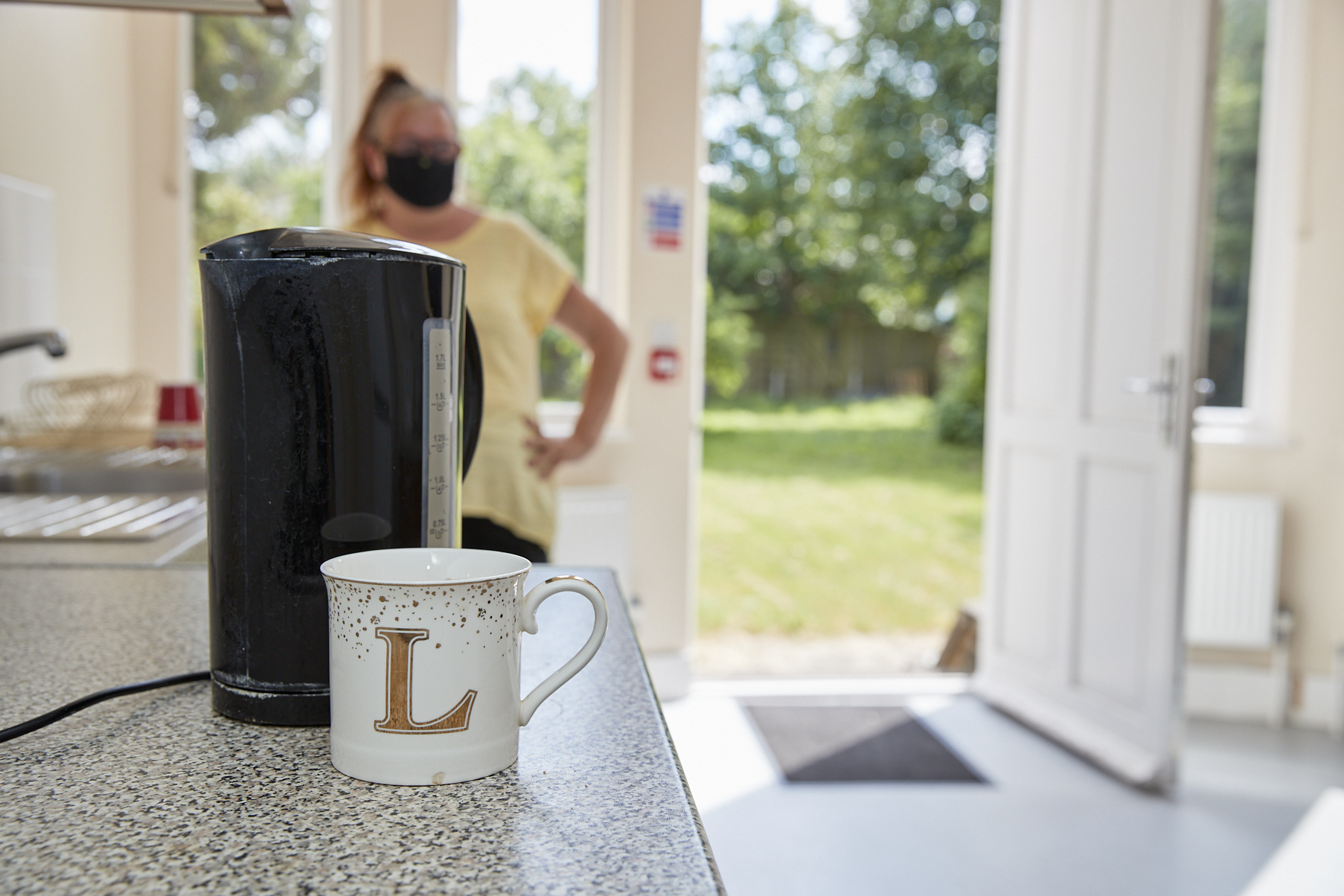Thames Reach partner with Hackney for unique housing solution
Thames Reach have partnered with Hackney council to provide a new housing solution in order to prevent homelessness in the borough

Thames Reach have set up and started running a new residential project in partnership with Hackney council in order to prevent homelessness in the borough.
The building is managed by Thames Reach and helps residents access the help they need to prevent homelessness and move on with their lives. This help may be around skills and employment, immigration or getting access to health services. Residents have low support needs, and the scheme is a stepping stone, aiming to accommodate people for around nine months before they move on to independent housing. Residents are referred by Hackney council and the Greenhouse, a day centre that we run in partnership with Hackney council to house people with connections to Hackney.
The detached property had been lying vacant for some time, and has been fitted out to accommodate twelve residents under 35, including two spaces which can be accessed by people who have no recourse to public funds while they resolve their immigration status. In the current group of residents, 60% are in employment, reflecting the reality of homelessness today. Thames Reach’s Employment and Skills team are able to help residents find work where needed, and also to look for better and more secure employment.
Mathiu, aged 27, is a resident at the Clapton Common project. After a short period of sofa-surfing, he is being accommodated at the project and is looking forward to not only getting his own flat so he can have his children stay, but re-training as a personal trainer. His story is available to read here via the Thames Reach website.
Cllr Sade Etti said: “The Council’s vision is to prevent all forms of homelessnes in the borough. We have committed to providing flexible housing support for people with short- and long-term needs, which enables them to keep safe, to live independently and to maintain good health and wellbeing so that they can access and be a valued part of their local community.
“The majority of people we support who find themselves homeless are from Hackney and are therefore already part of Hackney’s community. Using the building in Clapton means they can access support in a familiar area whilst building skills and resilience, to enable them to move on into settled accommodation.”
Bill Tidnam, Thames Reach chief executive, said: “At Thames Reach, we are proud of our work in collaboration with Hackney council for this unique project. The pandemic has emphasised the need to provide a range of accommodation and support to people experiencing homelessness, and for this to be based on the individual’s needs. Where we can, we work with partners to provide accommodation that can divert people away from the risk or reality of street homelessness and quickly towards work and independence. This scheme is an example of this preventative approach, and we are pleased to be able to work with the borough to provide housing management and employment support to the people, like Mathiu, who live in the Clapton Common project.”
Resident Mathiu’s story can be read on our website here.


